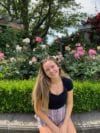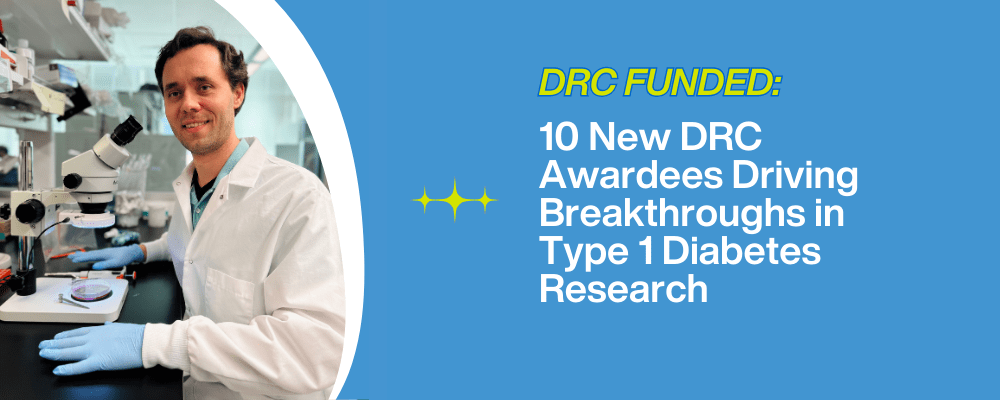My story began during the summer of 2016, the summer before my freshman year of high school. In July, I went to camp for three weeks in San Bernardino, California. The first week of camp I went on a four-day hiking trip to Sedona, Arizona in 100-degree weather. During the hiking trip, I felt a slight cold coming on, I assumed it was from heat and physical exhaustion. When I returned to camp after the hiking trip, I found myself in my own personal hell. At night, I lay on the cold, bathroom floor tile because my body was too hot for my bed and I was too weak to climb down from the top bunk every time I felt the urge to throw up. I could not take it anymore. I dragged myself to the nurse’s office and begged the nurse to take me to a hospital. After hours of convincing the camp nurse that something serious was happening to me, she finally agreed to take me down the mountain to the local hospital.
Not only was I screaming and moaning the entire drive down because the pain endured, but I was also experiencing small blackouts. By the time all the blood tests were completed, I was barely conscious. Soon, a doctor approached me and said, “You have type 1 diabetes.” I looked at him, then my counselor, and then the doctor again. I almost wanted to laugh and say, “What? This is a joke, this isn’t happening, right?” Then I looked at my counselor and said, “Where are my parents?”
The only memory I have after the doctor gave me the devastating news is lying in a helicopter with paramedics on either side of me. I spent the next five days in the hospital, the first two days in the ICU. When I was diagnosed, I was in a diabetic coma. I had Diabetic Ketoacidosis (DKA), a serious life-threatening complication of diabetes where the body produces excess ketones and if left untreated, can be fatal. My blood sugar was over 800 mg/dL and my blood tests showed that I’d been living with type 1 diabetes (T1D) for three months prior to my diagnosis. At the age of 13 years old I advocated for myself, for my life and for my future. If I did not have the will to fight, it is very likely that I would not be here today. My near-death experience has changed my life and will continue to shape my daily actions, thoughts and feelings. My desire to live life to the fullest and courage to speak publicly about my disease is what motivates me every day to push through the difficult days living with T1D.




